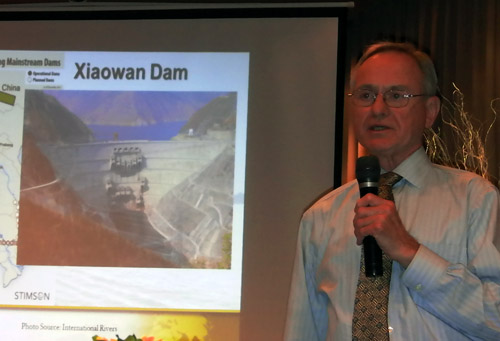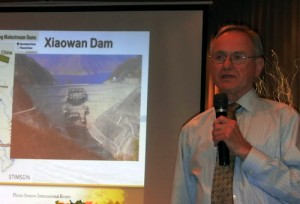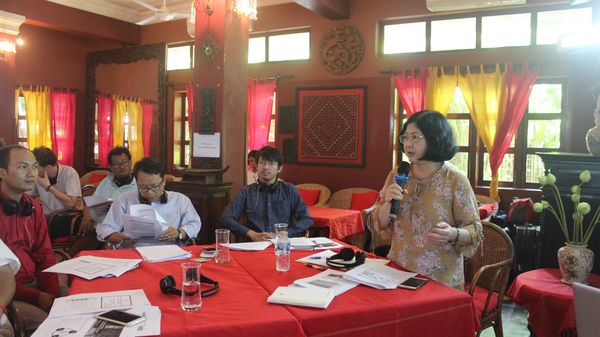For more than 25 years the Danish NGO, ADDA, has…

Rebalance the Lower Mekong Development
On 4th November 2013, The panel discussion ”Rebalance the Lower Mekong Development: Are there Cooperative and Equitable Solutions Available?” was co-organized by PanNature and the Henry L. Stimson Center.
With progress on Xayaburi continuing unabated and plans for further mainstream dam construction in the works for the Don Sahong and Pak Beng, the future of cooperative, sustainable, and equitable development of the river appears increasingly in doubt.

The undeniable fact is that the first dams on the Mekong’s mainstream are being constructed in Lao regardless of the MRC’s Agreement, recommendations of Strategic Environmental Assessment (SEA) as well as objection ideas of its neibouring countries.
As a downstream country, Vietnam will certainly suffer from any impacts caused by upstream dams on the Mekong river. These impacts will have significant implications on food and environmental security, economic-social-political stability of the country in the future.
Answering the question whether the environmental and social impact of those dams can be mitigated by preventing the worst situated dams from being constructed, some suggested that economic compensation should be considered as an alternative solution to persuade Lao to cancel the construction of dams. In addition, strong support from such financial institutions as the Asian Development Bank, World Bank, development partners, donors and other stakeholders plays an extremely important role in this case.
Opinions from the discussion agreed that the impacts from mainstream hydropower development were extremely serious, uncompensatible and irreversible, and that MRC was essential but not sufficient enough to gain equitable solutions. In order to gain a common wealthy situation and equitable development for the region, political commitment from all MRC’s member countries was an obligation.



